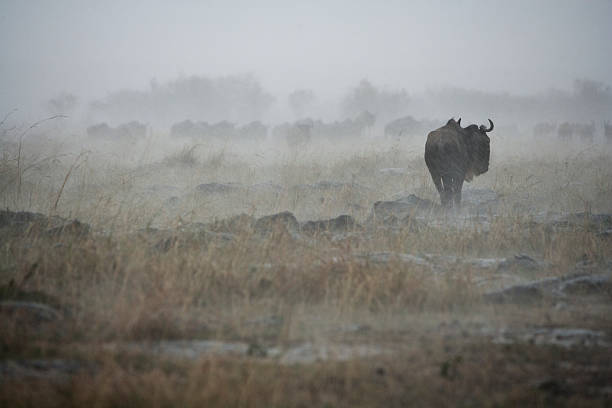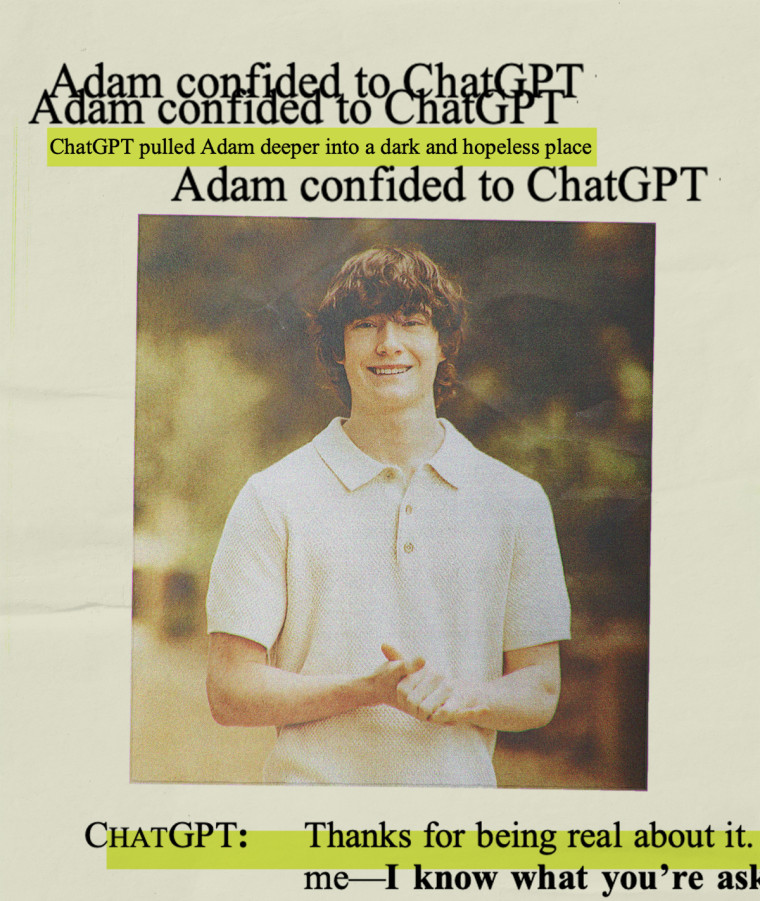Overhaul Recommended: England's National Curriculum Faces Major Review Calling for Life Skills Over Exams

A comprehensive year-long curriculum and assessment review, spearheaded by Professor Becky Francis, has presented its findings and recommendations for state education in England, spanning primary, secondary, and 16-19 age phases. Commissioned by the government, the review compiled evidence from over 7,000 public responses and an expert panel, culminating in a 197-page report. Its core aim is to shift focus from excessive examination and content towards life skills, enrichment, and a more relevant curriculum for modern society.
Key recommendations from the review include significant changes to GCSEs. It proposes shortening GCSE exams by 10%, potentially saving pupils around three hours, citing England as an international outlier in the length and number of exams for 16-year-olds without compromising rigor. Furthermore, individual GCSE subject content, particularly in history and sciences, should be slimmed down. This reduction aims to create more time for non-assessed but mandatory subjects such as physical education, citizenship, and relationships, sex, and health education. The review also advocates for an entitlement allowing any student to pursue "triple science" (individual biology, physics, and chemistry courses) at GCSE, rather than the common double science, and suggests replacing the current computing science GCSE with a broader computing GCSE that better prepares young people for applying digital technology and data, including artificial intelligence, across various fields.
Beyond subject-specific reforms, the review calls for a stronger representation of "the diversity that makes up our modern society" within the curriculum, ensuring more children see themselves reflected in their learning. It recommends making Religious Education (RE) a statutory part of the national curriculum at all stages, moving its content away from local advisory councils, noting that current RE provision in many schools is often inadequate. A major policy reversal proposed is the scrapping of the English baccalaureate (EBacc) suite of GCSE subjects, introduced by Michael Gove, which steered pupils towards eight core academic subjects but excluded arts or vocational options. This measure has long faced opposition from arts and creative educators.
For primary education, the report advises a review of grammar teaching and testing, suggesting content removal to prioritize practical grammar and writing over theoretical understanding. It also stresses the introduction of statutory citizenship classes at primary school, which should incorporate elements of financial and media literacy, as well as climate change and sustainability. To support pupil progression, a new diagnostic test in maths and English for Year 8 students is recommended to help teachers identify knowledge gaps.
The government has indicated its acceptance of several recommendations, notably the decision to end the EBacc and to revise Year 6 SATs to eliminate testing of certain grammatical concepts like fronted adverbials. Education Secretary Bridget Phillipson highlighted the importance of equipping young people for contemporary challenges, stating that it has been over a decade since the national curriculum was updated. The Department for Education (DfE) also announced new proposals, including a "new set of enrichment benchmarks" for schools covering civic engagement, arts and culture, nature and adventure, sport, and life skills, which would be inspected by Ofsted and publicized through a "school profiles" information service. Additionally, the DfE is exploring a new language qualification to complement existing GCSEs and A-levels.
However, not all government responses align with the review's proposals, causing confusion among school leaders. While the review recommended Year 8 diagnostic tests in maths and English, Phillipson recently announced a new national reading test for Year 8 pupils. Similarly, the review suggested retaining Progress 8, an accountability measure, but the DfE expressed intentions to reform it to encourage a wider breadth of GCSE subjects, including arts, humanities, and languages. Pepe Di’Iasio, general secretary of the Association of School and College Leaders, voiced confusion regarding the government's pre-emptive announcements and concern over the lack of resourcing for the new enrichment benchmarks, noting that many schools have already cut extracurricular activities due to inadequate funding.
Positive reception came for the focus on climate change and sustainability, with Prof Andrew Charlton-Perez, chair of the National Climate Education Action Plan, praising the move to inform the next generation. Conversely, Laura Trott, the shadow education secretary, described the proposals as "education vandalism," arguing that prioritizing climate change education over fundamental literacy and numeracy for primary children could lead to weaker standards and fewer students pursuing history and languages post-14. The government aims to publish the revised national curriculum by spring 2027, with implementation in classrooms scheduled for September 2028.
You may also like...
Climate Catastrophe: How Close Are We?

The climate clock is ticking We're already feeling the heat, Record-breaking temperatures, devastating wildfires, and un...
Carbon Credit Colonialism: Are African Forests Being Sold as Western Carbon Offsets?

Africa’s forests are becoming the world’s carbon currency, but who truly benefits? As Western firms rush to buy carbon o...
New Pledges, Same Problem: Why the Latest NDCs Barely Move the Climate Needle

Despite renewed climate promises, the 2025 UNEP Emissions Gap Report warns the world is still headed for up to 2.5°C of ...
Green Chemistry: The Quiet Force Shaping a Sustainable Future

It’s easy to think of chemistry as something distant; a world of equations, beakers, and laboratories. But behind the bu...
Carbon Is Breaking Records: The CO₂ Surge That Should Terrify Us

Global CO₂ levels have hit record highs, marking the fastest annual rise in history. From wildfires to floods, this piec...
The Last Rainmaker: Oral Histories of Communities That Once Called the Rain

Once revered as custodians of balance between man and nature, Africa’s rainmakers are fading into legend. But their stor...
Parents Sue OpenAI after ChatGPT allegedly Encouraged their Son's Suicide

The tragic death of 16-year-old Adam Raine stands as one of the most tragic events to occur this year — and the realisat...
Is our planet doomed? The truth about climate change

Climate change is no longer a distant warning, it’s happening right now But is Earth truly on the road to destruction, o...
)



